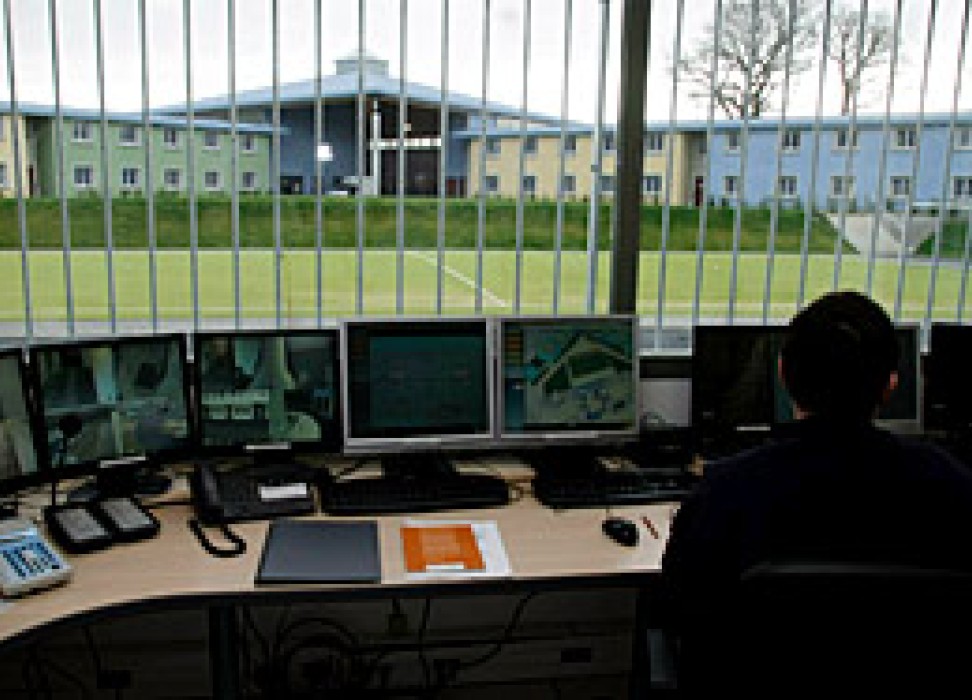A million children in detention at risk of violence
15 October 2012

Around the world, more than a million children are held in detention, including in police cells, prisons and borstals (a youth institution or reformatory). Cut off from education and from the care of their own families, many of these children face an appalling level of violence—whether from police officers, prison guards, adult detainees, or from their own peers.
The UN Human Rights Office is working closely with the Secretary-General’s Special Representative on Violence against Children and the UN Office on Drugs and Crime (UNODC) to promote reforms to juvenile justice systems with a view to better protecting child detainees from violence and, ultimately, reducing the number of children in detention through use of alternatives to custodial sentences.
“Repressive systems are not appropriate for children. Under international law, the deprivation of liberty of children should only ever be used as a measure of last resort and, even then, for the shortest appropriate period of time,” said Charles Radcliffe, Chief of Global Issues at the UN Human Rights Office in New York, at a recent high-level event on violence against children in the juvenile justice system, chaired by HRH Princess Bajrakitiyabha Mahidol of Thailand.
Radcliffe expressed concern that some governments were introducing harsh new laws on the treatment of young offenders that violated children’s rights. “That is in part because there is a common perception that juvenile delinquency is increasing. This perception, not grounded in evidence but based on often hyper-ventilated media reports of a few serious cases, tends to influence political discourse,” he said. Similar pressures had also led to reductions in the age of criminal responsibility to less than 12 in some countries.
There are countries where children are sentenced to life imprisonment or execution, or other violent forms of sentencing, such as flogging, stoning and amputation. Such sentences are in clear breach of applicable international human rights instruments, which insist that any system of juvenile justice should reinforce the dignity and self-worth of the child.
In her remarks, the Secretary-General’s Special Representative on Violence against Children, Marta Santos Pais, highlighted the ways in which children in conflict with the law are vulnerable to violence.
“Children face a constant risk of physical, psychological and sexual violence,” she said, “including at the moment of their arrest, during police interrogation, in pre-trial detention and also after conviction.”
She called for the decriminalization of so-called “survival behaviours” and “status offences,” including begging and truancy, and more social support for children with mental health and substance abuse problems. Universal birth registration was also needed to minimize the risk of children being treated as adults by the justice system, and more robust monitoring of detention centres to deter violence against children, investigate alleged abuses and hold accountable those found responsible.
The UN Human Rights Office, UNODC and the Secretary-General’s Special Representative on Violence against Children recently released a joint report, Prevention of and Responses to Violence against Children within the Juvenile Justice System.
The Convention of the Rights of the Child and a substantial body of law that has developed over the past decades, offers specific protections for children in juvenile justice systems. Consequently, every child alleged as, accused of, or recognized as having infringed the penal law, has the right to be treated in a manner consistent with the child’s sense of dignity and worth.
The Committee on the Rights of the Child offers guidance to States on putting the Convention into practice, including recommending alternatives to custodial sentencing.
15 October 2012

VIEW THIS PAGE IN:
